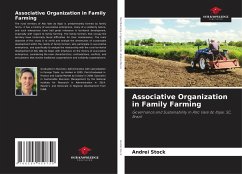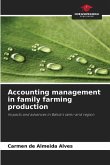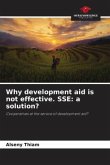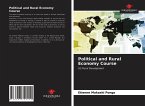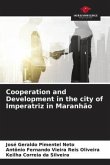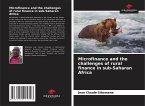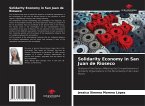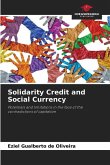The rural territory of Alto Vale do Itajaí is predominantly formed by family farms. It has a history of associative enterprises, many of a solidarity nature, and such enterprises have had great relevance in territorial development, especially with regard to family farming. The family farmers that occupy the territory have historically faced difficulties for their maintenance. The main objective of this study is to verify and analyze the dimensions of sustainable development within the reality of family farmers who participate in associative enterprises, and specifically to analyze the relationship with the rural territorial development of Alto Vale do Itajaí, with emphasis on the history of associative enterprises, considering the main characteristics, contradictions, conflicts, and articulations that involve traditional cooperativism and solidarity cooperativism.
Bitte wählen Sie Ihr Anliegen aus.
Rechnungen
Retourenschein anfordern
Bestellstatus
Storno

